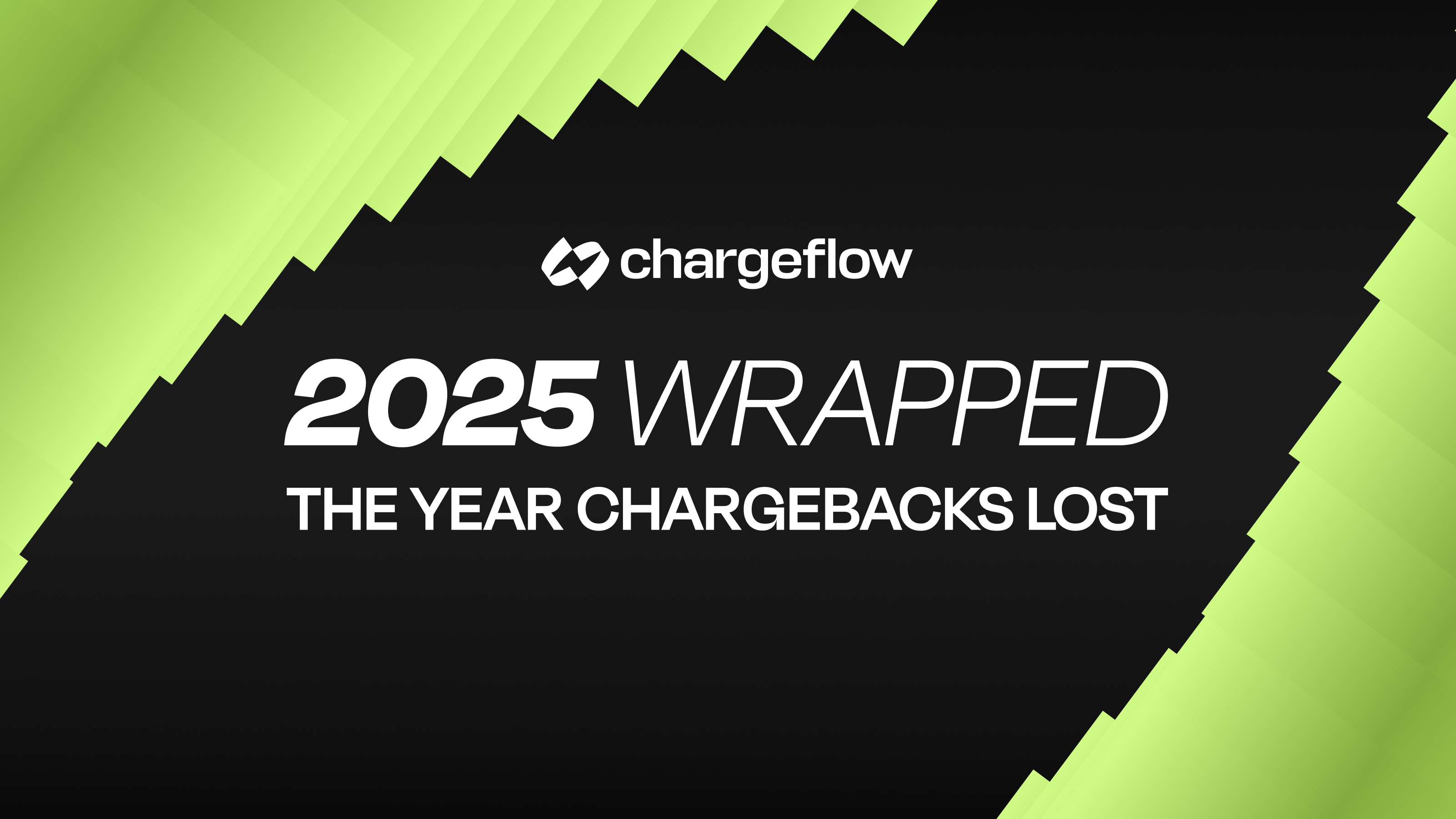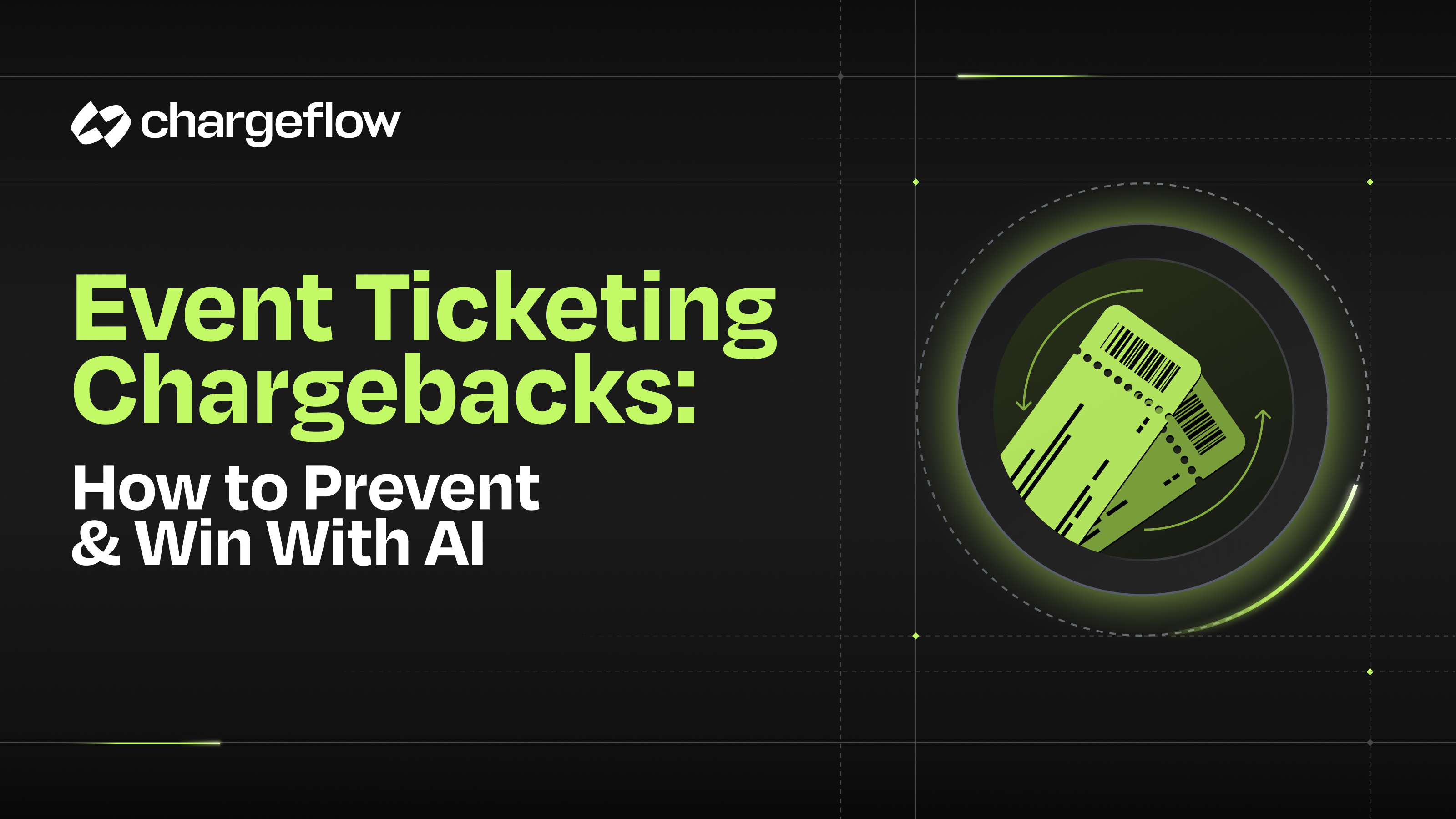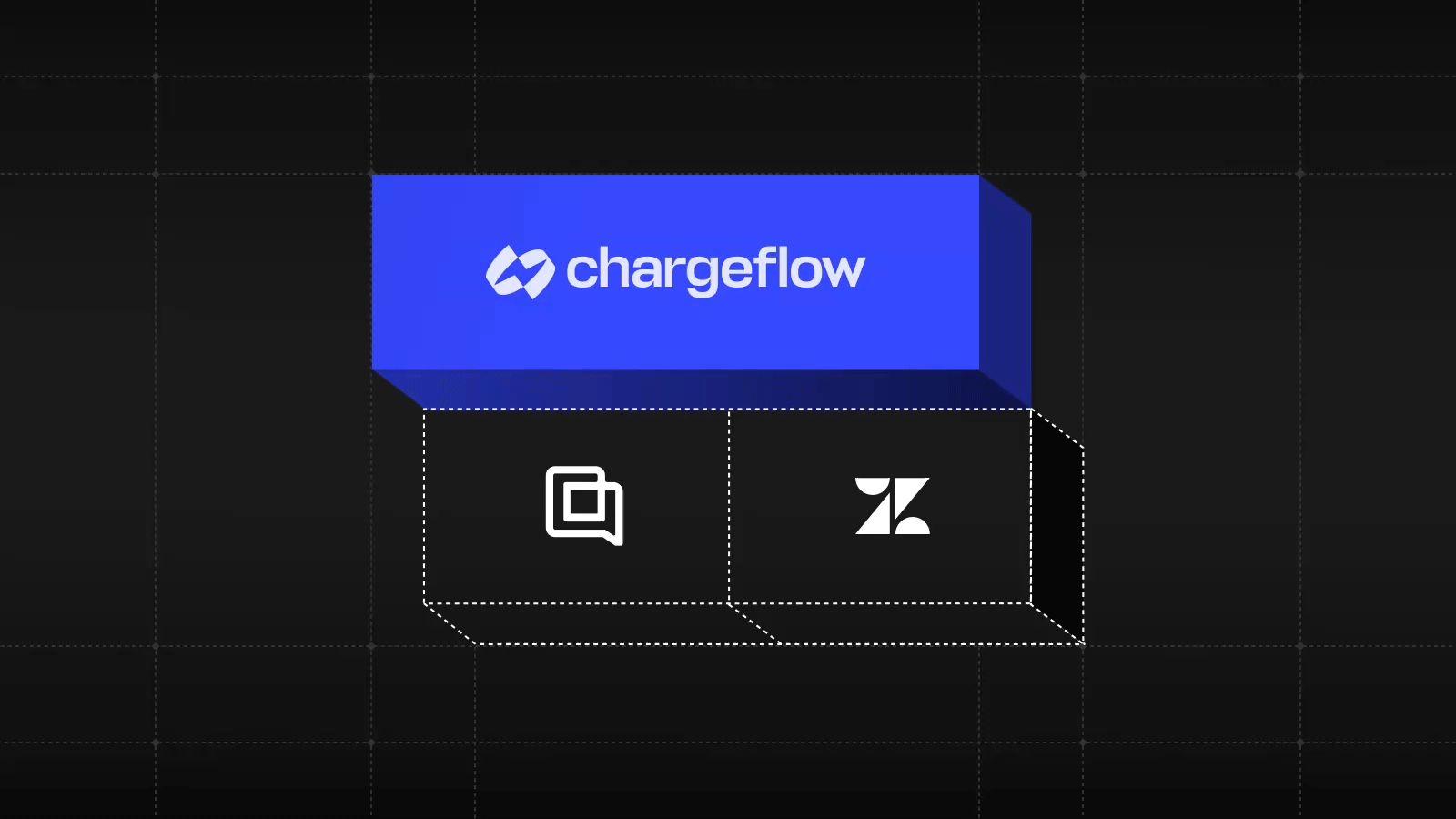Understanding Chargeback Fees: Navigate the Complicated World of Payment Disputes

Chargebacks?
No longer your problem.
Recover 4x more chargebacks and prevent up to 90% of incoming ones, powered by AI and a global network of 15,000 merchants.
Stay ahead of the game with our guide to chargeback fees. Learn how to navigate payment disputes and avoid costly chargeback fees with our expert tips.
As an online store owner, payment disputes can be some of the most difficult and time-consuming challenges to address. With new regulations constantly being introduced in the eCommerce industry, staying up-to-date with chargeback fees is becoming increasingly more challenging - and more important.
In this blog post, you'll get a comprehensive overview of what to expect from chargeback fees in 2023, as well as key tips on how to successfully manage any payment dispute that comes your way.
No matter if you're a seasoned veteran or just getting started in digital commerce – by the end of this post you'll have all the information necessary to navigate the complicated world of payment disputes!
What does Chargeback Fee Means?
For merchants, a chargeback fee is a cost that they incur when a customer disputes an item they have purchased. This can occur when an item is not received, the transaction amount was not correct, or the item purchased arrived in an unsatisfactory condition.
The chargeback fee is typically assessed by the merchant's payment processor and covers their processing costs for resolving the issue. They vary by merchant account but can range from $20 to even hundreds of dollars in certain scenarios. These fees can quickly add up if merchants don't take preventative steps to handle customer disputes promptly and effectively.
In order to avoid these fees, it's important for merchants to have solid customer service procedures in place and provide excellent communication with their customers throughout each stage of the transaction process.
How do Chargeback Fees Work?
These fees are assessed by the merchant's bank to reimburse them for the money they initially refunded in a chargeback transaction, as well as any additional fees incurred during the chargeback cycle.
In general, these fees range between $15 and $100, depending on the merchant’s type of processing agreement and their chargeback history—in some cases it may be very different. The fee is often calculated based on both a fixed dollar amount (determined by card networks) and an interchange rate, which is the percentage of the transaction that was charged back.
Additionally, merchants must also pay Acquirer-level costs such as investigation fees and associated labor costs related to disputes; these fees may range from $10 to over $500. Lastly, many merchants will face fines for excessive chargebacks or for not following specific regulations.
Businesses need to understand how their processor or acquirer calculates these fees to ensure they do not end up paying more than necessary in penalties and losses.
Factors that Affect Chargeback Fees
One of the most important factors that affect fees is the type of card used. Different types of cards have different rules associated with them, and merchants are often charged higher fees when they process transactions from premium cards such as business, corporate or foreign cards.
In addition to the type of card, other factors include processor markup, interchange fees, and surcharges that may be levied by the acquiring bank. Merchants should also consider any additional legal or compliance costs which might be incurred during a dispute.
Finally, if your merchant account contains a chargeback management system, this could help minimize the costs associated with disputes, since it allows you to track each transaction in real-time. Taking all these factors into account can help merchants minimize their chargeback and ensure their businesses remain profitable.
Payment Processors Chargeback Fees
- PayPal - $20 per chargeback, is nonrefundable.
- Stripe - $15 per chargeback,
- Square - $0 for the first chargeback, $250 for each subsequent chargeback in 12 months
- Shopify Payments - $15 for each chargeback, with an additional $5 fee for chargebacks that are successfully disputed by the merchant
- Amazon Pay - $20 per chargeback
- Authorize.net - $25 per chargeback
- Braintree - $15 per chargeback
Chargeback Fees of Credit/Debit Card Networks
- Visa - $15 to $100 per chargeback, with no specified fee amount provided by the platform
- Mastercard - $0 to $25 per chargeback
- American Express - $0 to $25 per chargeback
- Discover - $0 to $40 per chargeback
- JCB - $25 to $100 per chargeback
- Diners Club - $25 to $100 per chargeback
Strategies to Minimize Chargeback Fees
To maintain a healthy business and avoid costly fees, there are some strategies that retailers can use. One of the most effective ways is by implementing 3D Secure on online payments to combat fraudulent transactions.
Additionally, retailers should perform detailed customer verification steps and maintain an up-to-date refund policy so customers can easily view its terms before making a payment. Having accurate item descriptions on products can also help reduce chargebacks due to dissatisfaction with the purchased item.
Establishing clear communication policies with customers before and after purchase can go a long way in preventing any confusion between them and the retailer which could lead to chargebacks.
Furthermore, using analytics tools like transaction monitoring to detect abnormal behavior will also help retailers tackle fraudulent purchases efficiently. Ultimately, combining these comprehensive strategies will ensure merchants minimize their fees for the good health of their business.
Final Thoughts on Chargeback Fees
Running a business involves a lot of moving parts and can be very complicated. When it comes to payments, you have to be especially careful to avoid fees and disputes. Chargeback fees can take a big chunk out of your profits if you're not careful. Thankfully, there are ways to minimize chargeback fees and even prevent them altogether.
Avoid Chargeback Revenue Loss with Chargeflow
Chargeflow is an AI-powered chargeback management platform that helps merchants reduce chargebacks and increase chargeback recovery rates. Chargeflow has a number of features that can help you avoid chargeback revenue loss, including:
- Automated dispute initiation: Chargeflow automatically initiates disputes on behalf of merchants, which can help to reduce the time it takes to resolve chargebacks.
- Evidence gathering: Chargeflow automatically gathers evidence to support merchant's chargeback disputes, which can help to improve the chances of winning chargebacks.
- Chargeback analytics: Chargeflow provides merchants with insights into their chargeback data, which can help them to identify trends and take steps to prevent future chargebacks.
- Chargeback prevention: Chargeflow offers a number of chargeback prevention tools, such as fraud prevention and chargeback alerts, which can help merchants to prevent chargebacks from happening in the first place.
Here are some of the ways that Chargeflow can help you avoid chargeback revenue loss:
- Reduce chargebacks: Chargeflow can help you reduce chargebacks by automating the dispute process, gathering evidence, and providing insights into your chargeback data.
- Increase chargeback recovery rates: Chargeflow can help you increase your chargeback recovery rates by providing you with the tools and resources you need to fight chargebacks effectively.
- Save time and money: Chargeflow can save you time and money by automating the chargeback process and providing you with insights into your chargeback data.
If you are looking for a way to avoid chargeback revenue loss, Chargeflow is a great option. The platform is easy to use, affordable, and effective.
Chargeflow offers autopilot solutions that will help you fight disputes and prevent chargebacks before they happen. So, if you're looking for a way to save money on payment processing, give Chargeflow a try.

Chargebacks?
No longer your problem.
Recover 4x more chargebacks and prevent up to 90% of incoming ones, powered by AI and a global network of 15,000 merchants.






























.png)








